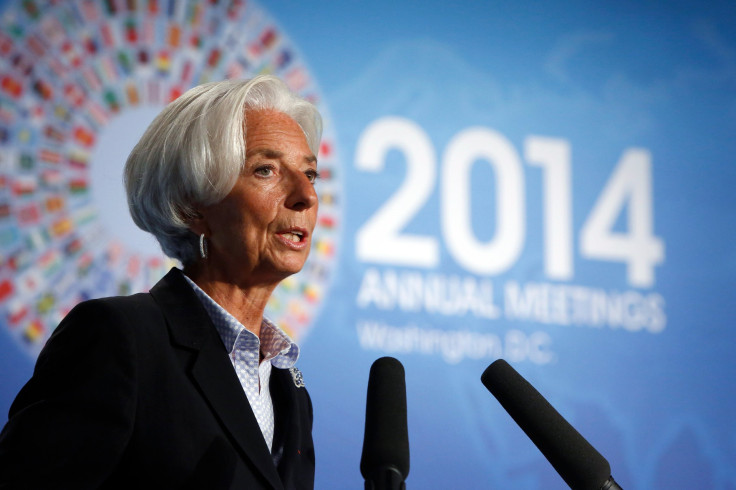Shadow Banks Could Compromise Global Financial Stability, IMF Says

Many banks in the world’s most developed economies aren’t healthy enough to carry the global economic recovery, challenging global financial stability, according to a report by the International Monetary Fund released Wednesday.
The Global Financial Stability Report says so-called shadow banks that operate outside government-regulated banking systems are providing credit while many banks lack adequate credit to support the recovery. That’s shifting risks that borrowers won’t repay their loans to shadow banks.
“If left unaddressed, these risks could compromise global financial stability,” IMF Financial Counselor José Viñals said at a news conference on the report Wednesday.
The IMF analyzed 300 banks in advanced economies around the world and found that banks representing nearly 40 percent of the world’s assets aren't strong enough to supply adequate credit for the recovery. In the U.S. for example, credit-focused mutual funds and exchange traded funds -- outside the banking system -- have seen massive asset inflows in recent years and have collectively become among the largest owners of U.S. corporate and foreign bonds, the IMF says. The problem is that these inflows have created an illusion that investors will be able to easily withdraw capital when they need it, but in times of stress, the available capital could be much smaller than demanded.
“Things look better in the United States and Japan, but less so in Europe and in emerging markets,” the report says.
The IMF recommends that policymakers help banks restructure themselves and improve governments’ knowledge and oversight of asset management firms and other financial managers outside the banking system.
© Copyright IBTimes 2024. All rights reserved.






















